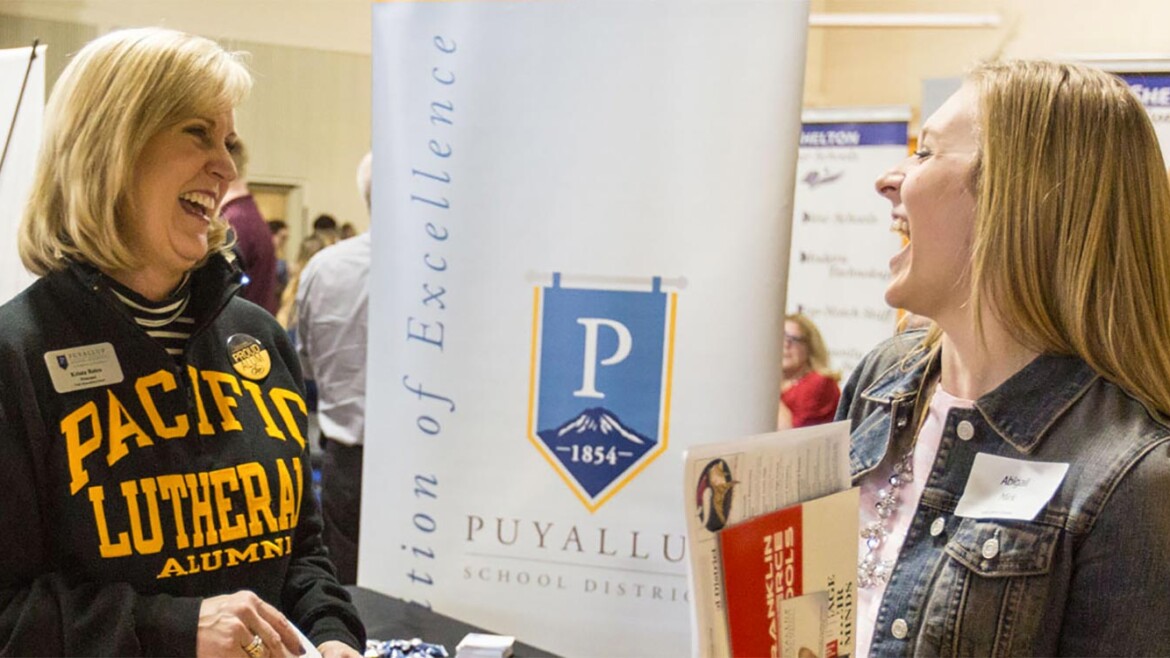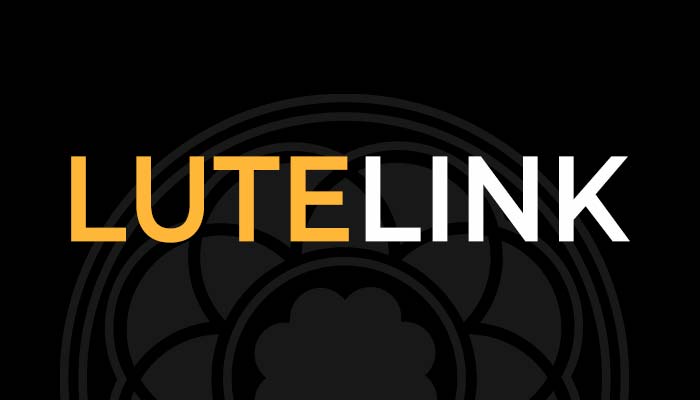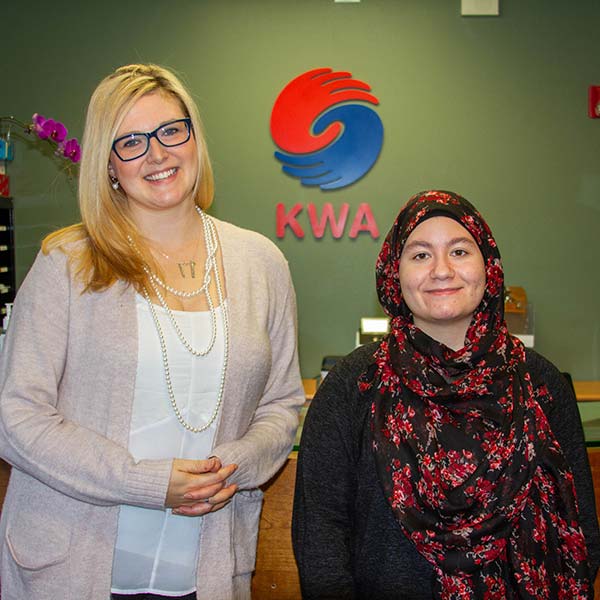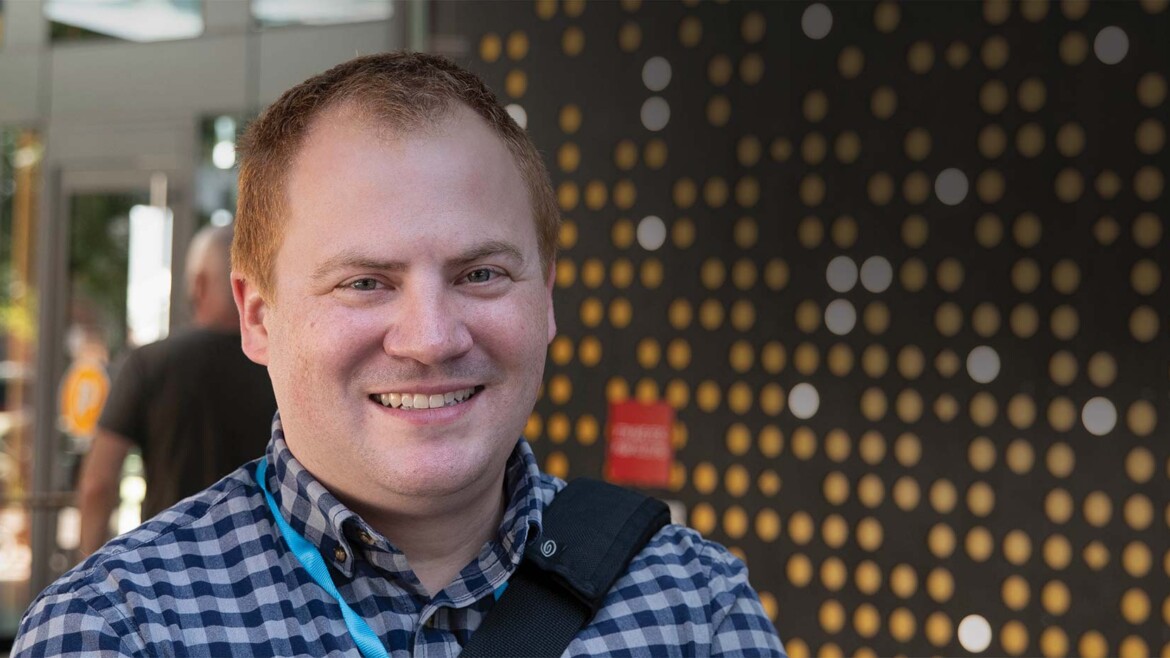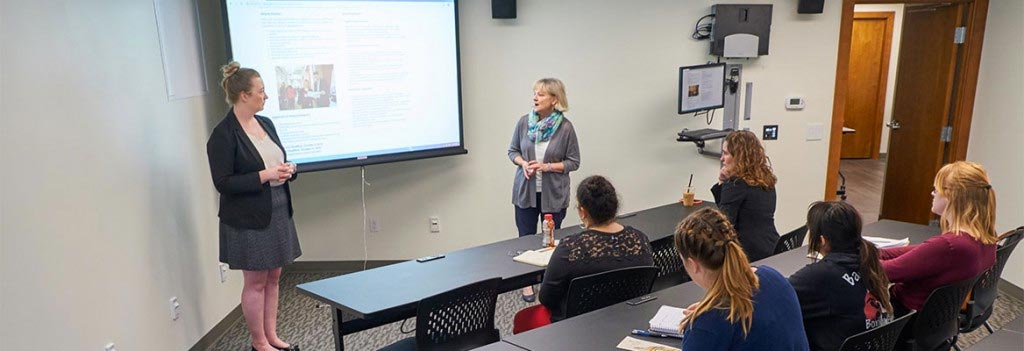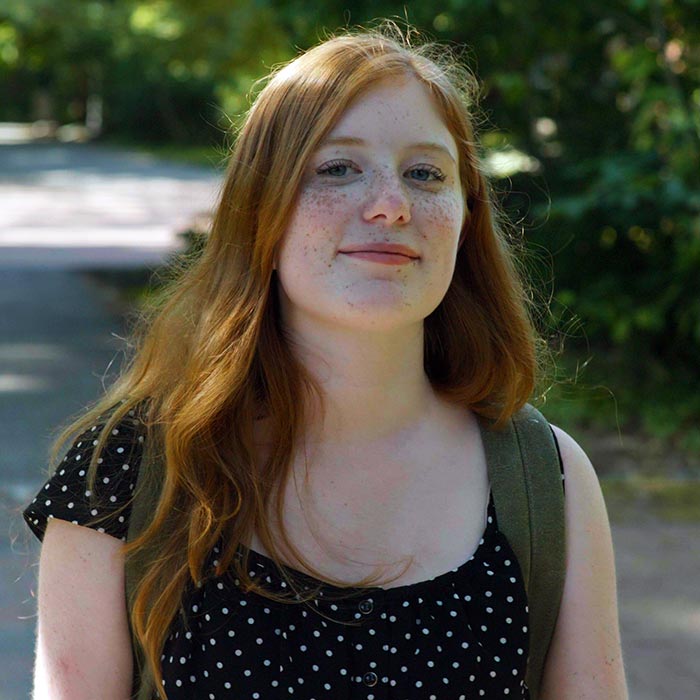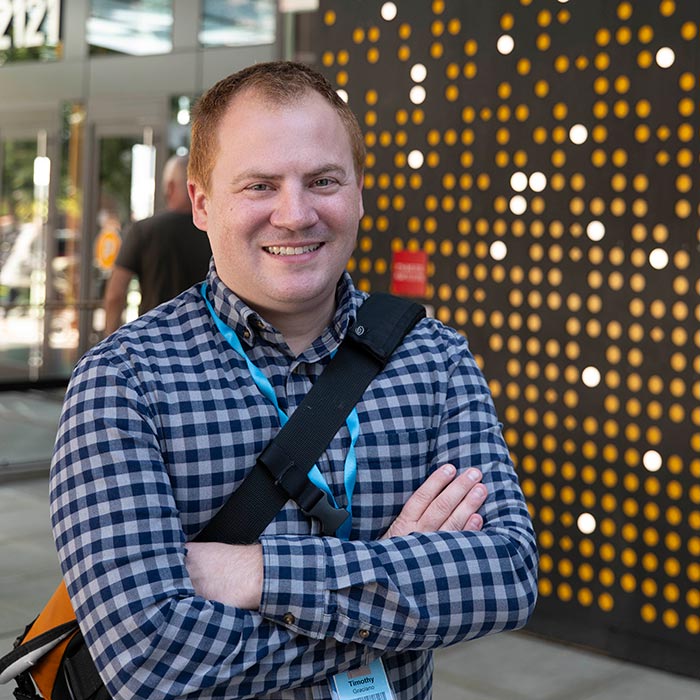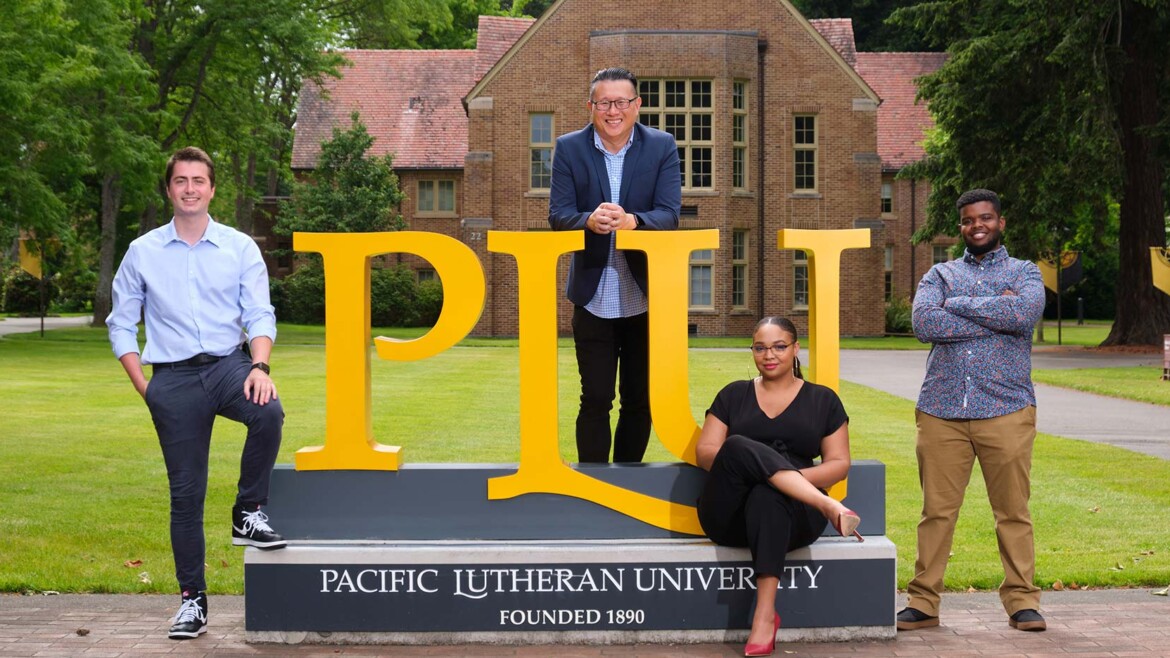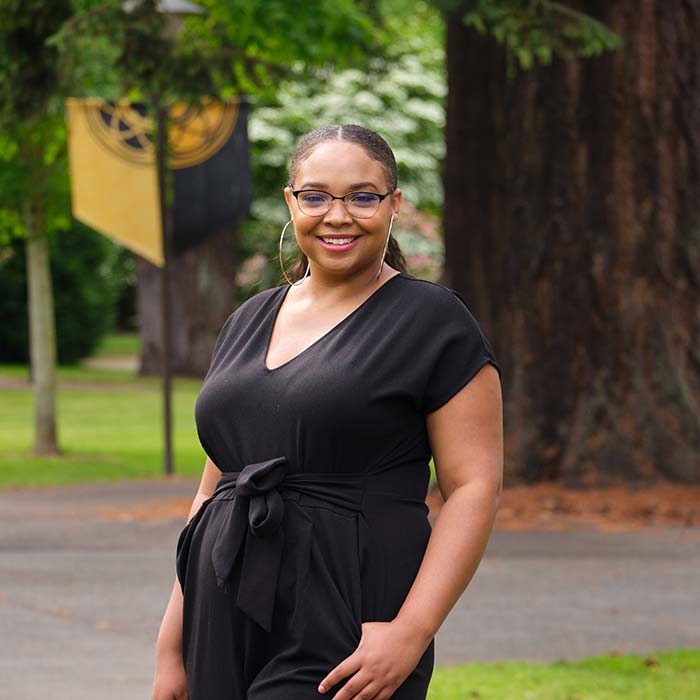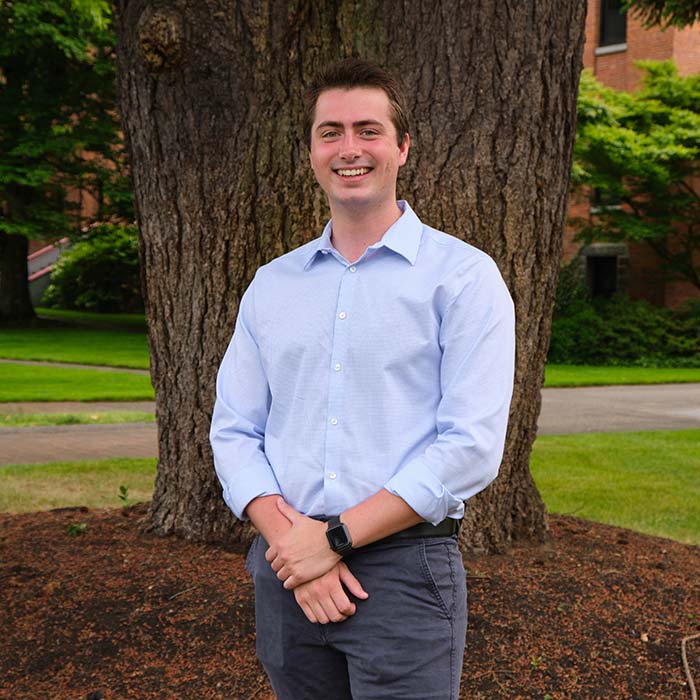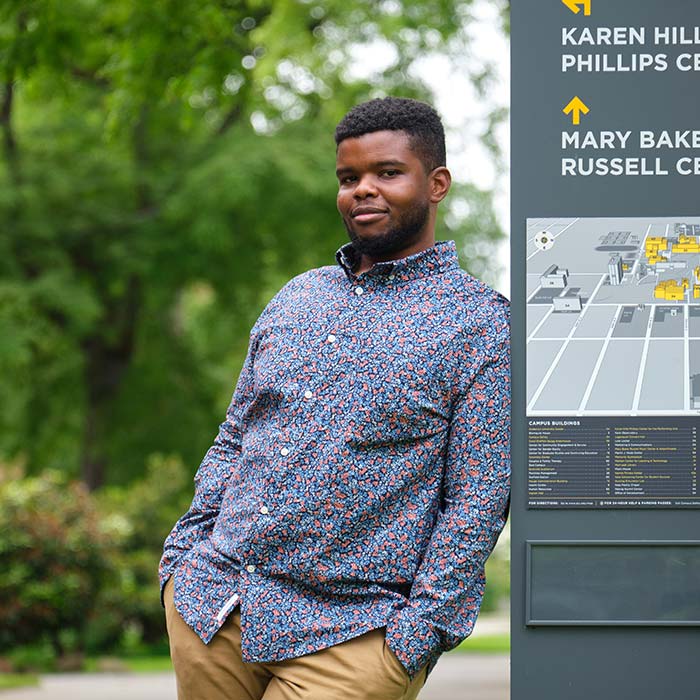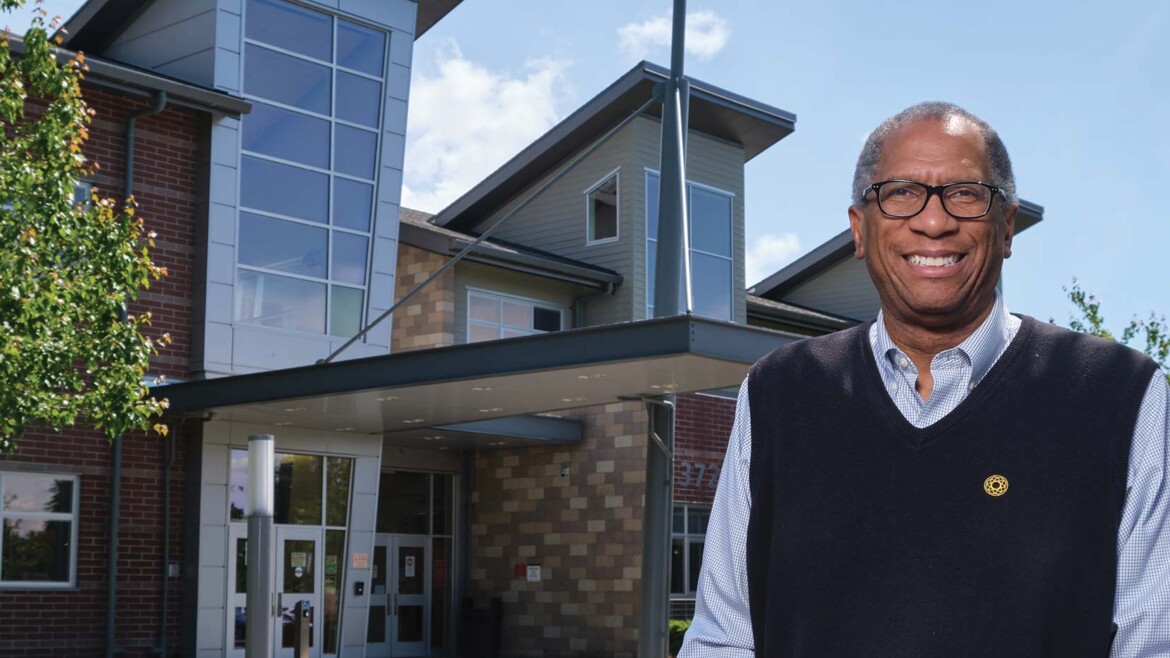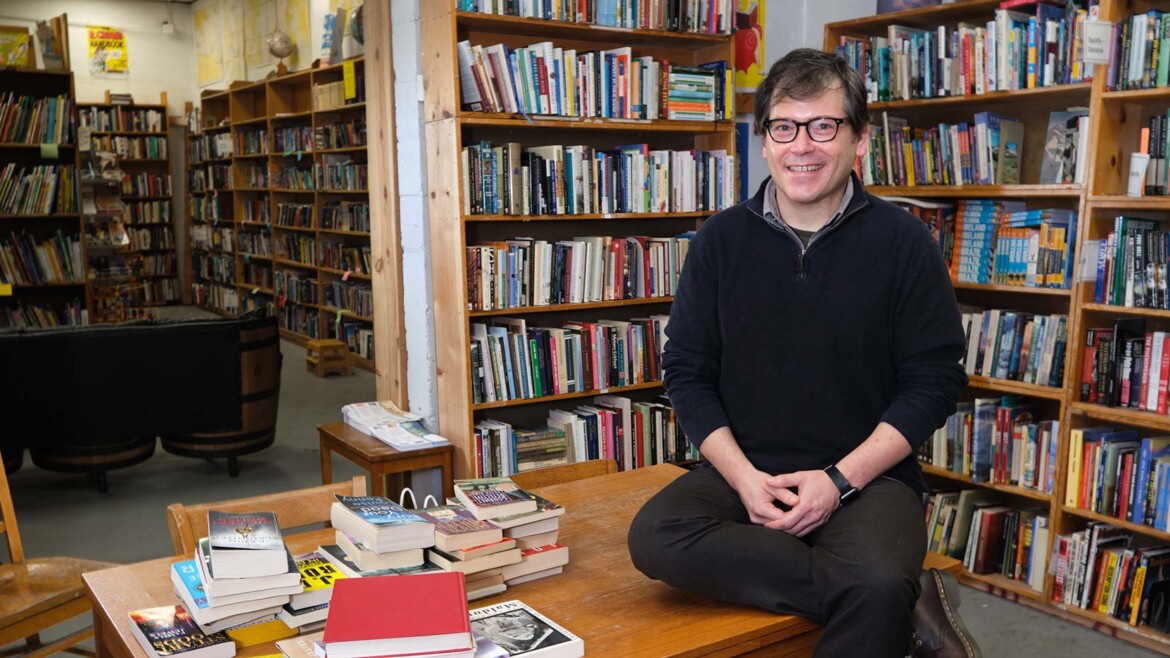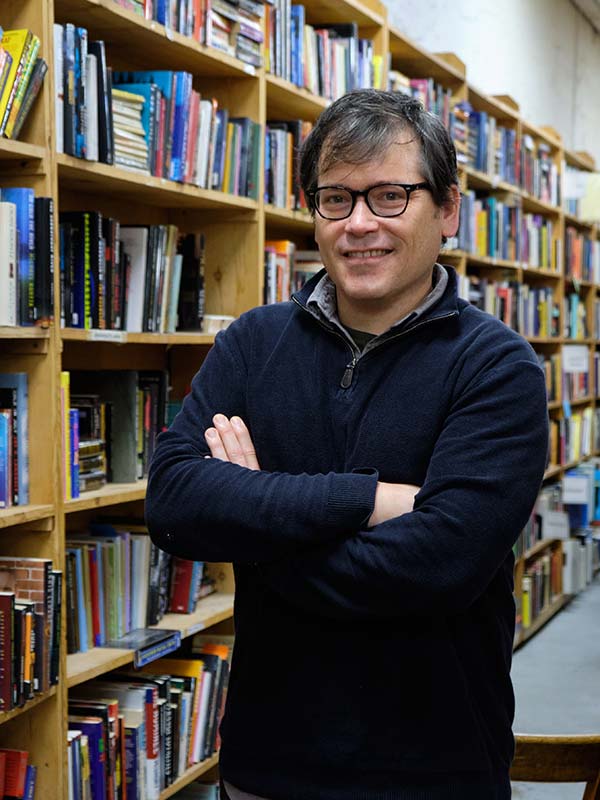LuteLink
As students grapple with what a post-PLU life looks like in the wake of a global pandemic, economic instability and social change, PLU alumni are poised to help.
Through the new LuteLink platform, PLU students can instantly connect with PLU alumni for networking, informational interviews, resume reviews, mentorship, job shadowing, internship advice and more. Alumni can search for fellow alumni in a geographic region, industry or interest area.
LuteLink began in fall 2019 and there are over 1,200 Lutes registered and growing.
“LuteLink is an amazing resource for students and alumni to expand their network and build mentor-focused communities,” said Kevin Andrew, co-director of Alumni and Student Connections (ASC). “The alumni who are registered in LuteLink are people that truly want to help students think about their future and be resources for realizing that future.”
Student Harleen Kaur is a business administration major with a concentration in marketing and management. As part of her Behavior in Organization class, she used LuteLink and connected to Mark Foege, ’86 ’99, who is principal/marketing and growth strategy advisor of the Colvos Group.
“I would tell other students to utilize this because we all know what we are passionate about, but we’re not exactly sure what our career path will be. By utilizing LuteLink, it helps you connect with and learn from people who are in the career path you want to go into,” Kaur said.
When the COVID-19 crisis hit and PLU students had to transition to online learning, Foege reached out to Kaur. He wanted to see how she was doing in this unprecedented time and offer additional support.
Before LuteLink, there wasn’t a simple way for students to connect to alumni on their own, said Jessica Pagel, ’08, co-director of ASC.
“LuteLink helps open up a world of possibilities and connections to our students who might not have any of those connections through their own personal networks,” she said. “Being a first-generation college student myself, I think especially of the growing population of first-generation students at PLU and how beneficial this expanded network can be.”
The full impact of COVID-19 on employment is still unknown. But, in times when students are reporting rescinded job offers and cancelled internships, making these types of connections becomes even more important.
“Alumni offering support to students is one of the most direct ways to make a difference,” said Andrew. “Whether it’s sharing career advice, offering a recommendation or checking in with a student, these simple actions can open doors to the future for PLU students.”
ME AND MY (JOB) SHADOW
Pacific Lutheran University’s first-ever J-Term Job Shadow Program launched in January 2020. And thanks to LuteLink, students were perfectly matched with PLU alumni who hosted them. The new pilot program was announced via email last fall to undergraduates and more than 100 expressed interest, filling out a questionnaire and sharing their career goals and interests.
Forty students participated in the inaugural event at a wide variety of employers, including Starbucks, Amazon, Kaiser Permanente, the state Department of Ecology, Seattle Pro Musica, the Crystal Judson Family Justice Center in Tacoma and more.
Stephanie Valenti ’23 was one of three students who visited Tacoma-based VSG Marketing. That experience sparked a conversation with her academic adviser and inspired a new goal to minor in studio art.
The second iteration of the J-Term Job Shadow Program will be announced this fall. Students can schedule alumni job shadows throughout the year using LuteLink.


